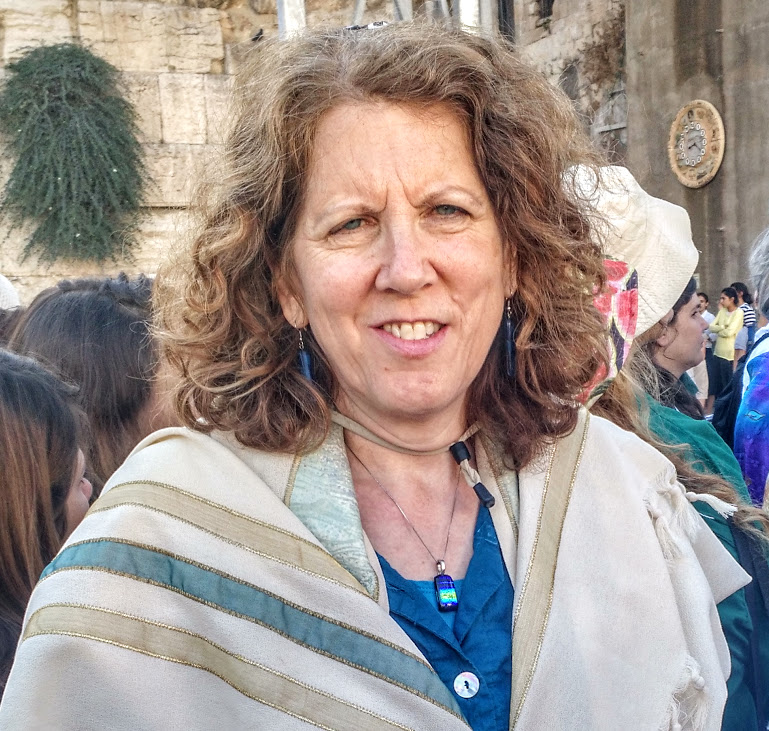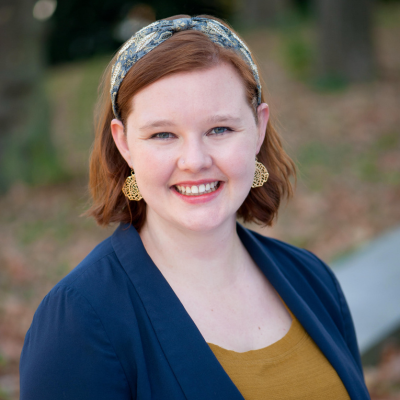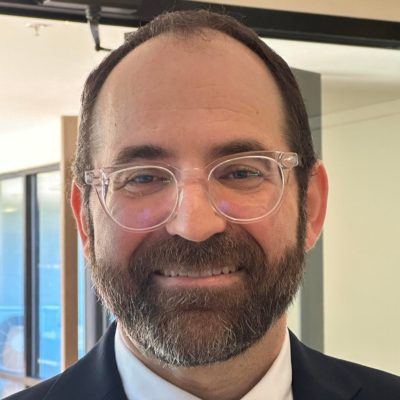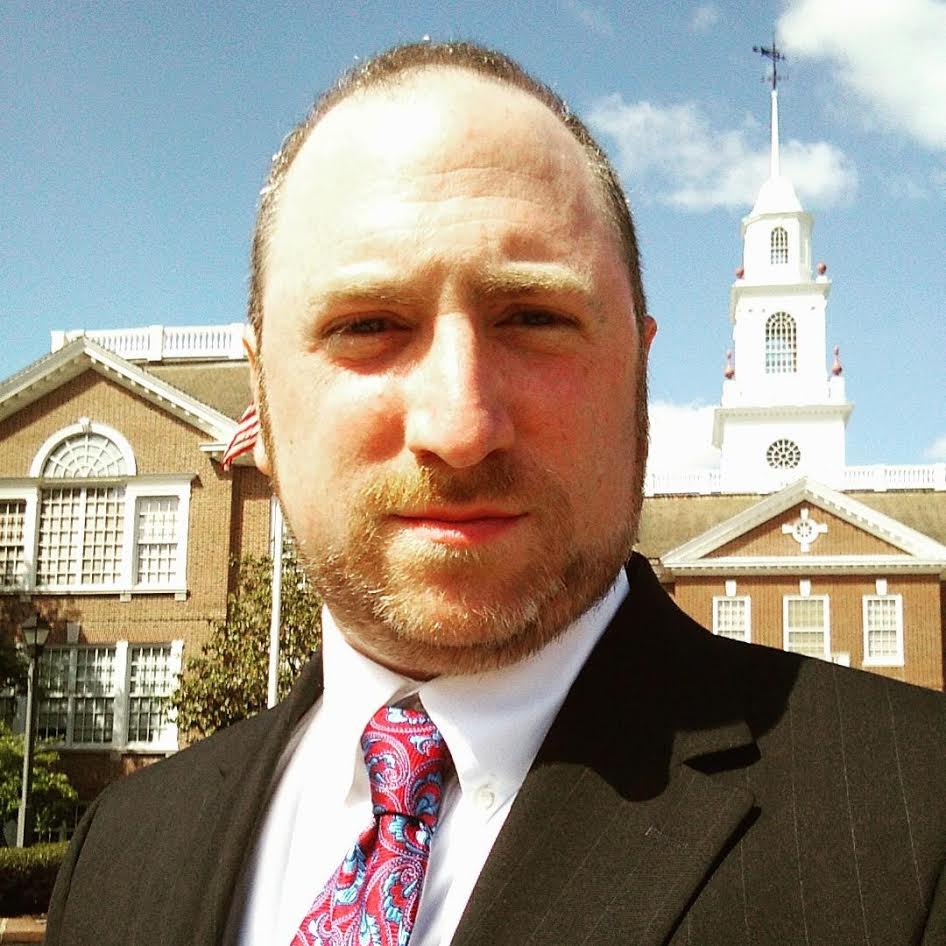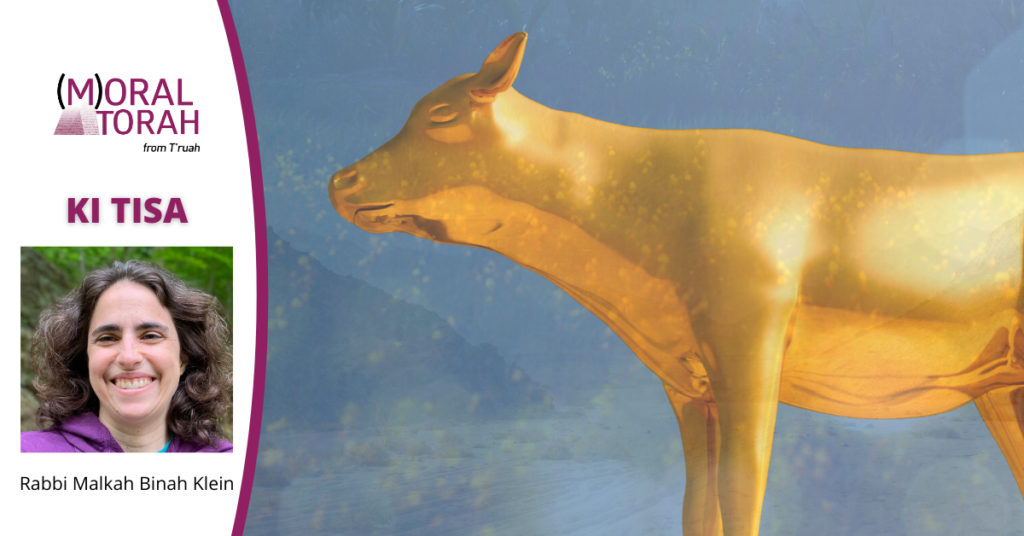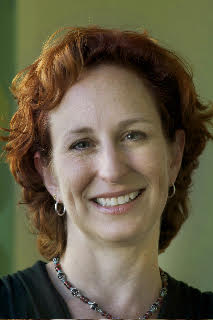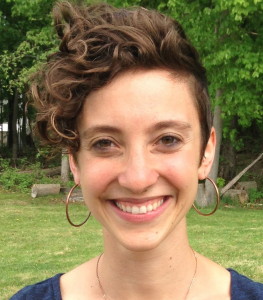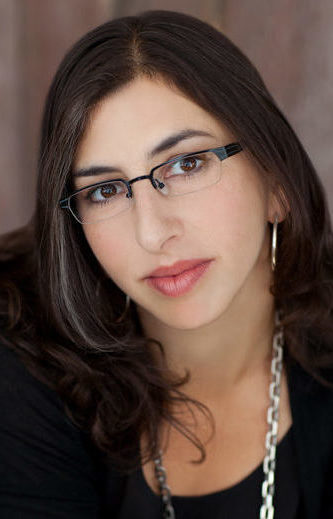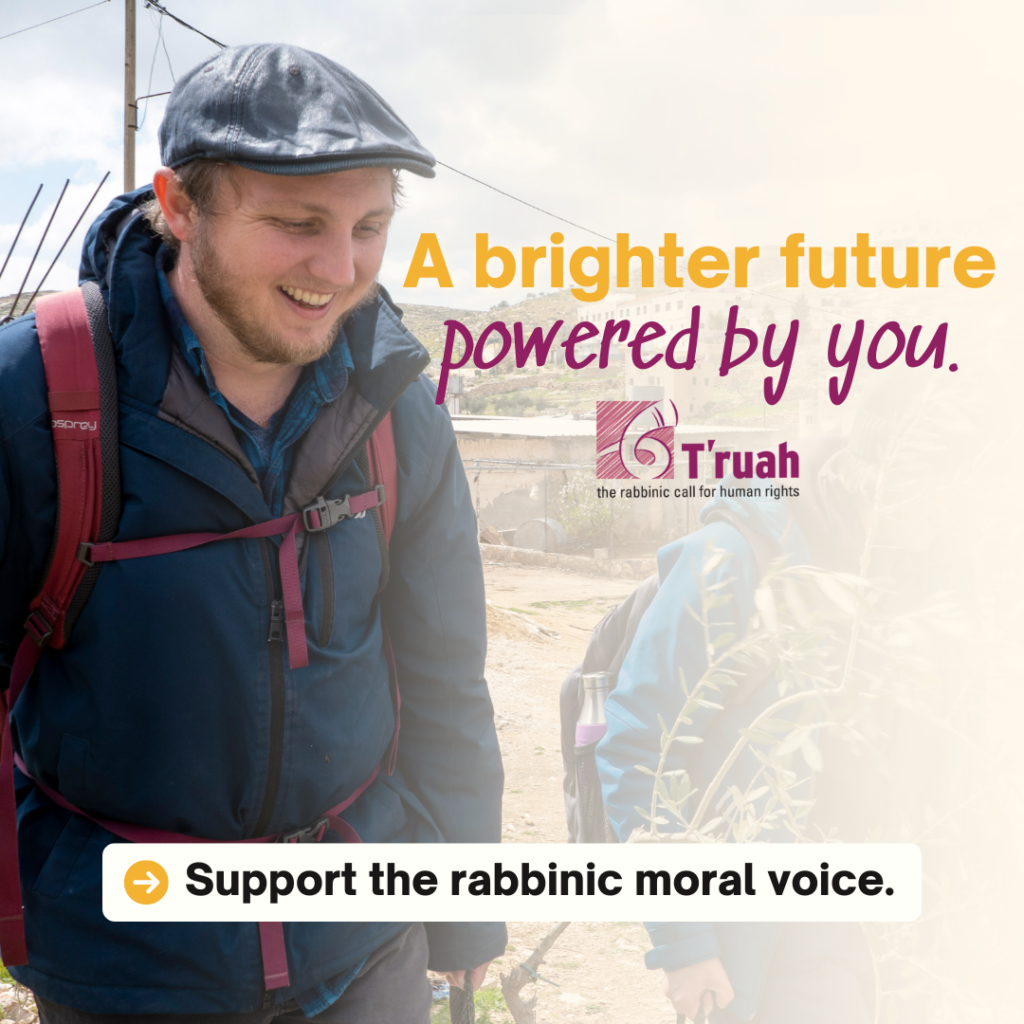
Sanctuary Cities: No Walk in the Dog Park
Commentary on Parshat Masei (Numbers 33:1 – 36:13) When I take my dog to the dog park, he loves to run from picnic table to picnic table and dive underneath them, seeking shade and safety. The picnic tables are a safe zone, a refuge, a sanctuary. Between 1980 and 1991, nearly one million Central Americans fled...
read more

